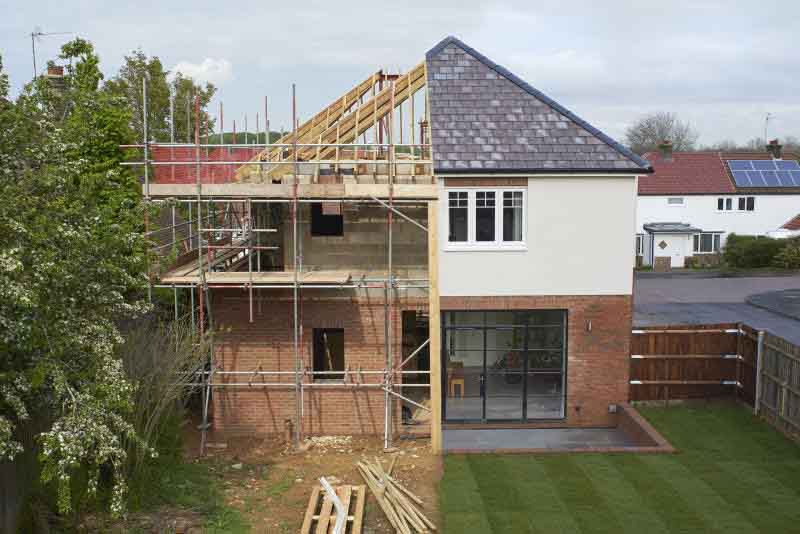×
The Standard e-Paper
Kenya’s Boldest Voice

When it comes to investing in real estate, the pertinent question is, should you build or buy?
The more developers and experts discuss the option, the more the individuals are spoilt for choice.







